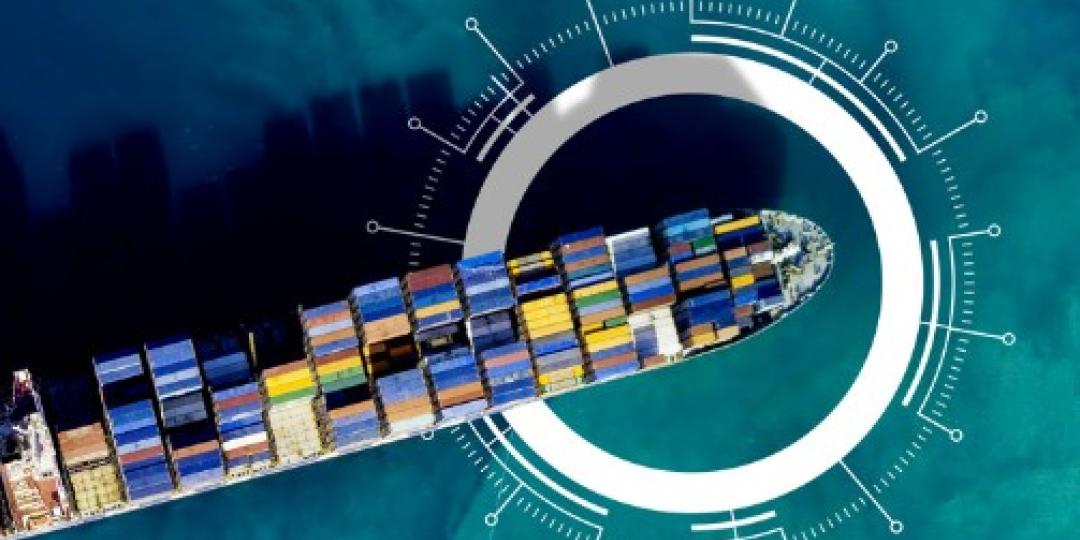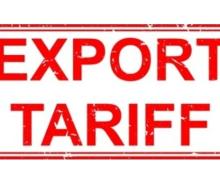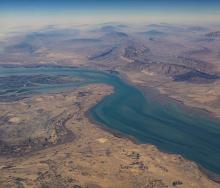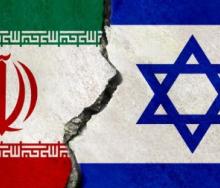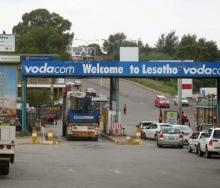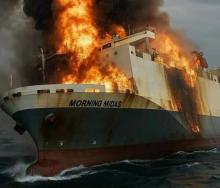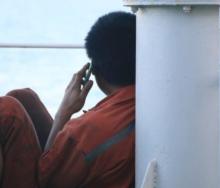Shipping traffic through the Strait of Hormuz has returned to near-normal levels following a US-brokered ceasefire between Israel and Iran, but commercial vessels remain on high alert as GPS signal disruption continues to affect safety in the region.
Maritime intelligence firm Windward warned this week of persistent and increasing GPS interference, with major implications for navigational safety in the strait. However, westbound transits into the Arabian Gulf have resumed and continue after weeks of volatility.
"Last weekend, GPS jamming incidents surged by 60%, affecting about 1 600 vessels (including small craft)," Windward reported.
"At peak, nearly one quarter of all vessels in the region experienced GPS disruption at least once in a 24-hour period."
The disruptions have affected Automatic Identification System (AIS) signals across the region, not only near Iran but also in the United Arab Emirates and Qatar.
Windward said affected vessels included crude and product tankers, large containerships and liquefied natural gas carriers (LNGCs).
The ongoing jamming has forced several operators to implement additional risk mitigation strategies. QatarEnergy has reportedly suspended night-time sailings of tankers and LNG carriers near the industrial port of Mesaieed, citing mounting concerns over the safety implications of unreliable GPS data.
Navios Maritime Partners CEO Angeliki Frangou told CNBC on Tuesday that GPS interference in the area had been “continuous” and was having a direct impact on navigational decisions.
“Continuous GPS interruption is affecting safety in the Strait of Hormuz. They don’t want to pass during the nighttime because they find it dangerous. So it’s a very fluid situation,” Frangou said.
“Safety conditions are something that is at the forefront of our minds. This is why we are constantly monitoring all this."
In addition to rerouting or delaying transits, some vessels have adopted tactics to mitigate perceived risks.
Windward told Reuters that about 55 vessels had broadcast custom AIS messages during peak tensions from June 12–24, mimicking a strategy previously seen during the Houthi crisis in the Red Sea and Gulf of Aden.
The firm said ships sent messages like “China owned” or “Russian crude” to discourage potential attacks by signalling neutral or aligned cargoes.
